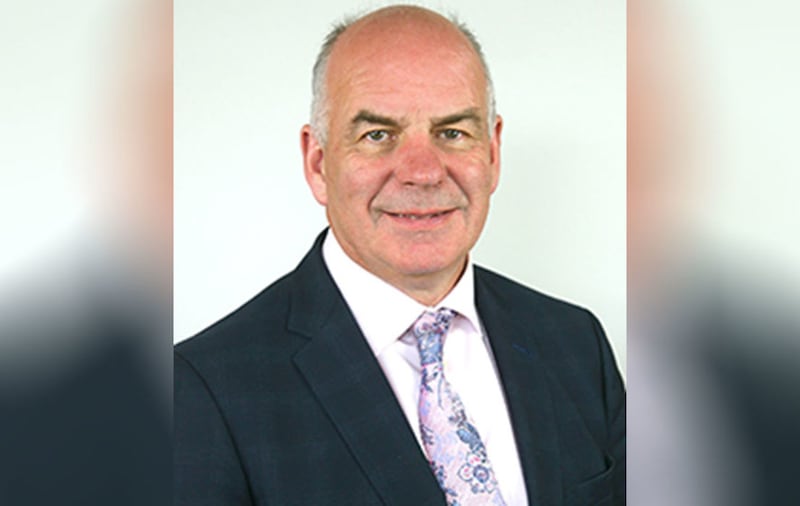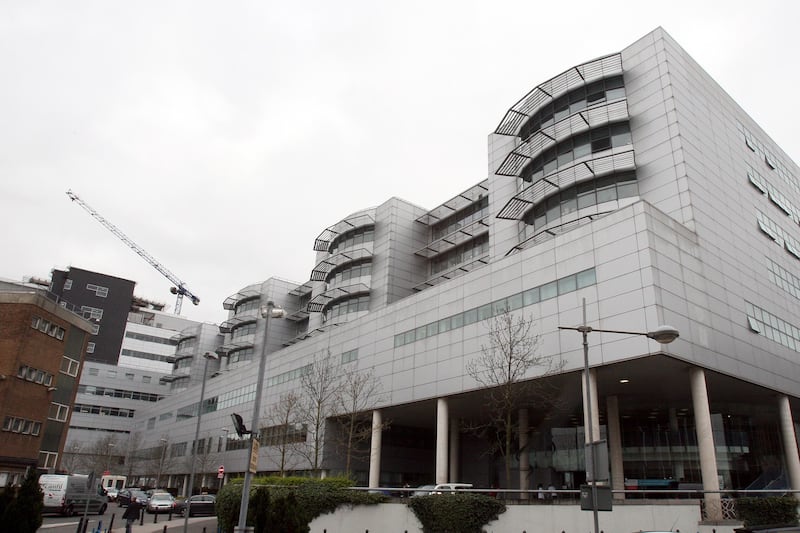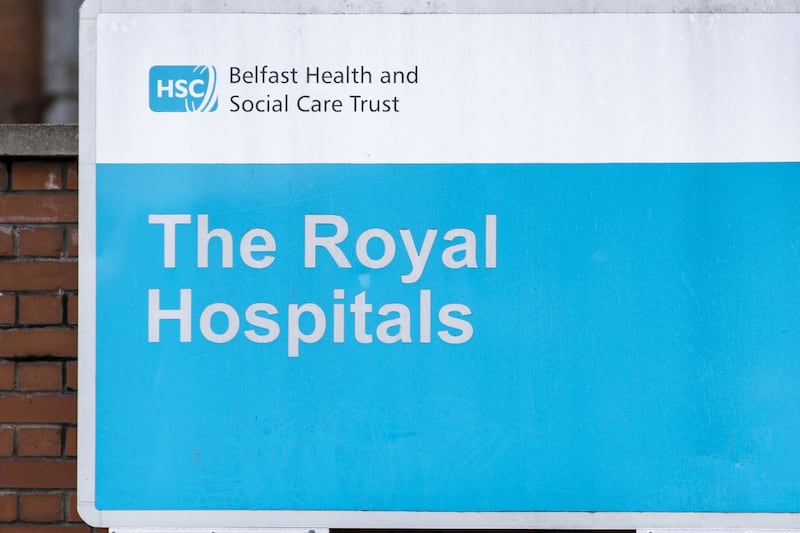PATIENTS caught up in a massive neurology recall have received letters of apology from the head of the Belfast trust - more than a year after the scandal broke.
This is the first time trust chief executive Martin Dillon has corresponded with those affected, many of whom were misdiagnosed or received the wrong drug treatment while under the care of consultant neurologist Dr Michael Watt.
The letter, seen by The Irish News, contains three separate apologies from Mr Dillon and gives "assurances" on the trust's co-operation with separate health service reviews.
Mr Dillon announced his resignation this morning. He is retiring after almost three years in the trust's top post. During his tenure the trust has found itself at the centre of the biggest PSNI safeguarding investigation of its kind following allegations of patient abuse at Muckamore Abbey Hospital and is also dealing with the largest patient recall in Northern Ireland following the Dr Watt scandal.
In his statement he singled out the “very serious allegations” of mistreatment at Muckamore and the neurology recall as two “major issues” he has dealt with as chief executive. He stresses that as “accountable officer” he has been “resolute” in trying to “put things right” and is confident care at Muckamore is now safe.
Mr Dillon's letter to Dr Watt's patients begins: "I am writing to you as Chief Executive of the Belfast Trust to sincerely apologise for the distress we may have caused, when, in April 2018...you were required to come under the care of a different Consultant Neurologist. I understand that your diagnosis, care and treatment have been reviewed and discussed with you.
"...I also recognise that for some people the outcome of (further) tests may have resulted in deep distress and I am acutely aware of the impact of that news. For that, I am truly sorry."

But one patient, who was misdiagnosed and prescribed highly-addictive medication for five years which she didn't require, last night said she found some of the language used in the letter as "insulting".
"To suggest the trust "may" have caused distress is just not right. The reality is that they have caused me huge amounts of distress and anxiety since I first learned two years ago there was concern about an invasive blood procedure I had," she said.
"This letter is also the first piece of written correspondence I have received from the trust since the original recall last year. It tells us what we already know in terms of the different reviews being ordered but it gives no updates on the work of these reviews.
"After the recall was ordered we were told there would be 'harm assessments' for patients - but these have never materialised. This has also caused further distress."
To date, more than 3,000 patients have been recalled for reviews since May 2017, including those suffering from epilepsy, Parkinsons and Multiple Sclerosis, making it the biggest recall in Northern Ireland.
In June this year, an 'outcomes' report was due to be published by the Department of Health, detailing the scale of the misdiagnosis rates. However, this was cancelled by the department at the eleventh hour due to "unforeseen circumstances".
Two months later, The Irish News revealed that Dr Watt was due to retire on "medical grounds". He had been based at the Royal Victoria Hospital for 20 years but also worked in private healthcare clinics.
SDLP assembly member for North Belfast, Nichola Mallon, who has lobbied the health service on behalf of multiple patients affected, said while Mr Dillon's letter of apology was a "positive" development, many questions remain unanswered.
"While it is welcome, this is a very carefully crafted letter. Patients have been frustrated by the lack of communication from the trust so I would hope this will lead to increased openness and transparency, patients can no longer be left in the dark," she said.
"The absolute distress that has been caused is shocking, with so many patients being misdiagnosed and given the wrong drugs for years. Important harm assessments were never carried out - despite pledges being made by government. This needs to happen."
Martin Dillon has announced that he is to retire as Chief Executive of Belfast Trust at the end of December 2019 and the Trust will now begin the process of recruiting a new Chief Executive.https://t.co/P9GpunjT1o pic.twitter.com/S754TqYjv5
— Belfast Trust (@BelfastTrust) October 17, 2019








